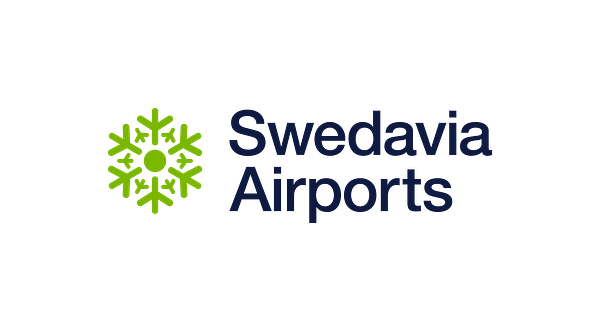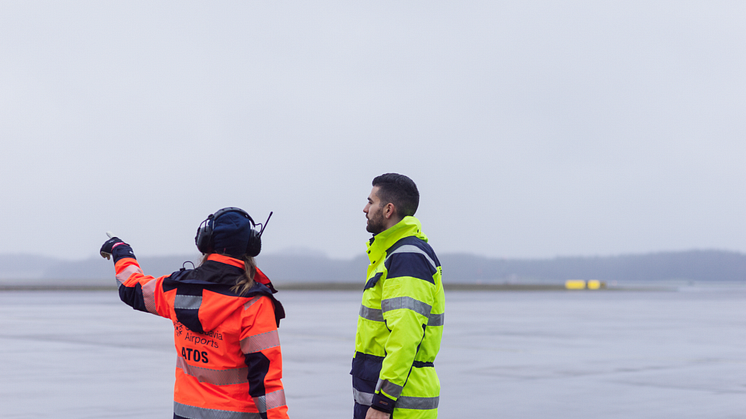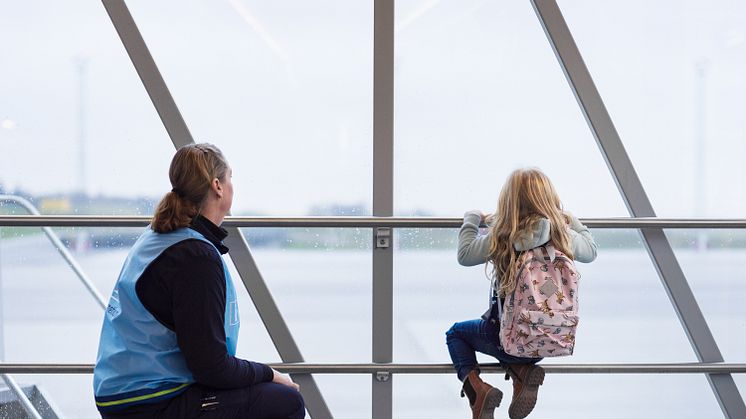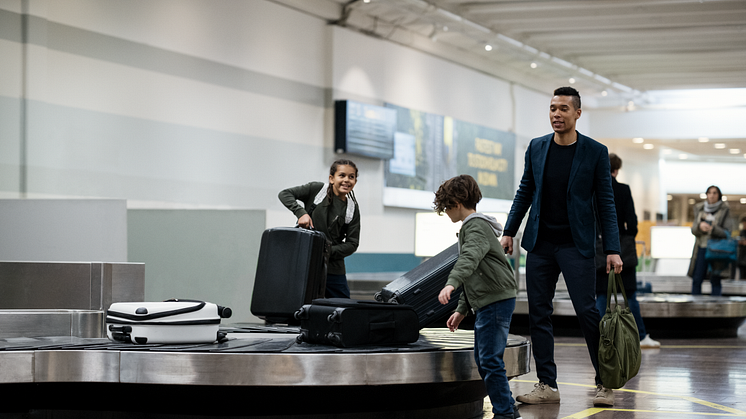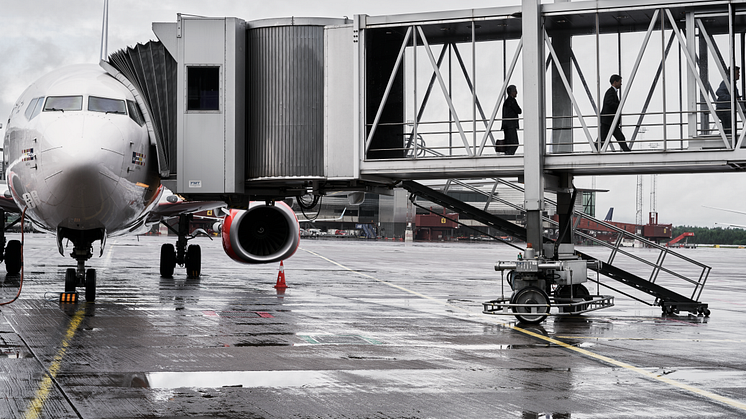
Press release -
Swedavia’s traffic statistics for February 2020
In February, over 2,631,000 passengers flew via Swedavia’s ten airports, which is a decrease of 6 per cent compared to the same month last year. Profit was positively affected by the extra leap year day during the month. The consequences of the coronavirus outbreak had a limited impact, but it is expected to affect the passenger trend to a much greater extent in March.
The total number of international passengers at Swedavia’s airports in February was 1,747,000, which is a decrease of 3 per cent compared to the same month last year. The total number of domestic passengers was 885,000, an 11 per cent decrease.
Developments regarding the outbreak of the coronavirus had a negative impact primarily at the end of the month and especially on air traffic to and from China. Air cargo also decreased significantly during this period. However, for February as a whole, the effects were limited. The passenger trend so far in March suggests a much greater impact this month. Meanwhile, the market situation at present is very uncertain.
Stockholm Arlanda Airport, Sweden’s largest airport, had a total of 1,665,000 passengers in February, which is a decrease of 5 per cent compared to the same month last year. There were a total of 1,308,000 international passengers, which is a decrease of 4 per cent, while there were 357,000 domestic passengers, a decrease of 11 per cent.
Göteborg Landvetter Airport had a total of 420,000 passengers in February, which is a decrease of 4 per cent compared to the same month last year. The total number of international passengers was 345,000, which is unchanged compared to 2019. Domestic traffic decreased 19 per cent to 75,000 in February.
At Bromma Stockholm Airport, there were a total of 158,000 passengers in February, which is a decrease of 10 per cent compared to February last year. International travel decreased 1 per cent, while domestic travel decreased 11 per cent.
In line with the traffic trend so far this year, Swedavia’s regional airports also showed local differences in the travel pattern in February. The total number of passengers at these airports was 388,000, which is a decrease of 8 per cent, but international travel was unchanged compared to the same month last year.
For many years, Swedavia has carried out ambitious sustainability work. All ten of its airports shall have zero emissions of fossil carbon dioxide from their own operations by the end of 2020. Swedavia also works actively to promote the industry’s transition to bio fuel and has the goal that five per cent of all fuel used to refuel aircraft at Swedish airports shall be fossil-free by 2025. Since 2016, Swedavia buys bio jet fuel equivalent to the amount the company uses on flights for business purposes, about 450 tonnes of fuel a year.
Traffic statistics for Swedavia’s airports are available (in Swedish) at www.swedavia.se under “Om Swedavia/Statistik”. https://www.swedavia.se/om-swedavia/statistik/.
For further information, please contact Swedavia’s press office at tel. +46 (0)10-109 01 00 or press@swedavia.se.
Topics
Categories
Swedavia is a State-owned group that owns, operates and develops ten airports across Sweden. Our role is to create the access Sweden needs to facilitate travel, business and meetings – in Sweden, in Europe and around the world. Safe, satisfied passengers are the foundation of our business. Swedavia is a world leader in developing airports with the least possible environmental impact. The Group has revenue of over 6.2 billion Swedish kronor and some 3,000 employees.
